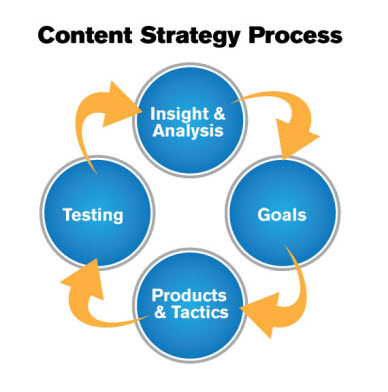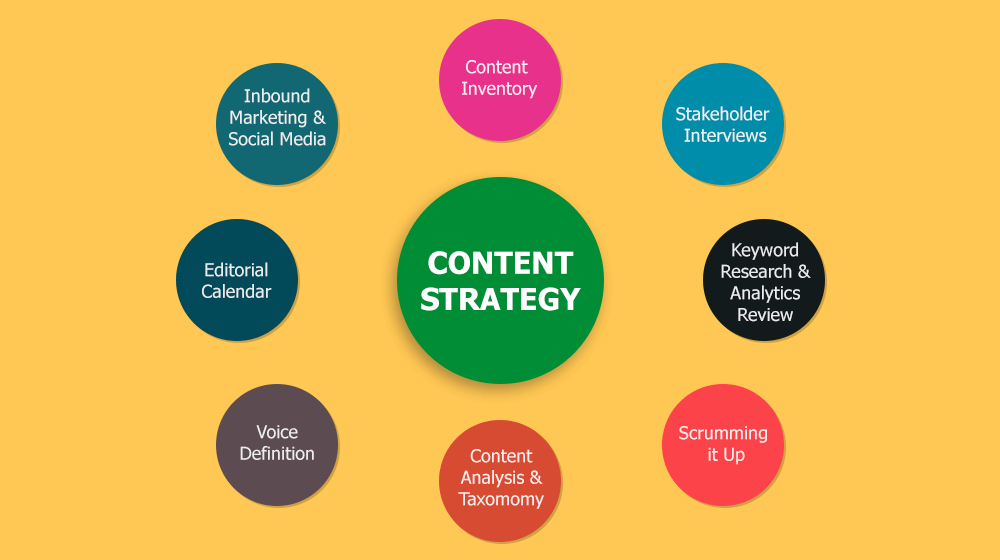Navigating the Digital Landscape: Human Written vs. AI Generated digital content strategy in 2024
In the ever-evolving digital landscape, digital content strategy stands as the backbone of successful online presence and engagement. As we step into 2024, the debate between human-written and AI-generated content strategy continues to spark discussions among marketers, content creators, and businesses alike. Both approaches offer unique advantages and challenges, prompting the need for a comprehensive understanding to make informed decisions.
Human Written Content:
Human-written content, crafted by skilled writers, embodies the essence of authenticity and creativity. It leverages human emotions, experiences, and insights to resonate with the audience on a deeper level. This form of content strategy thrives on originality, storytelling, and a personal touch, fostering trust and credibility among consumers.
One of the primary advantages of human-written content lies in its ability to adapt to diverse audiences and niches. Writers can tailor their language, tone, and style according to specific brand personas, ensuring maximum relevance and impact. Moreover, human writers possess the innate capability to infuse empathy and nuance into their content, addressing complex topics with clarity and sensitivity.
Furthermore, human-written content excels in fostering meaningful connections and engagement. Through thought-provoking narratives and relatable anecdotes, it cultivates a sense of community and loyalty among followers, driving brand advocacy and word-of-mouth marketing.
However, human-written content also comes with its set of challenges. It demands time, resources, and expertise to produce high-quality material consistently. Additionally, the subjective nature of human creativity introduces variability in content quality, requiring careful oversight and editorial management to maintain brand standards.

AI Generated Content:
In contrast, AI-generated digital content strategy represents a paradigm shift in content creation, harnessing the power of machine learning and natural language processing algorithms to generate vast amounts of content rapidly. This approach offers unparalleled efficiency, scalability, and cost-effectiveness, catering to the growing demands of content-hungry digital platforms.
AI-generated content streamlines content production processes, automating repetitive tasks such as data analysis, content ideation, and even writing. It can generate product descriptions, blog posts, social media updates, and more, freeing up human resources to focus on higher-level strategic initiatives.
Moreover, AI-driven content strategy enables personalization at scale, leveraging data analytics to understand audience preferences and behavior patterns. By delivering tailored content recommendations and experiences, businesses can enhance user engagement and conversion rates, driving tangible results and ROI.
Furthermore, AI-generated digital content strategy minimizes the risk of human error and bias, ensuring consistency and accuracy across all communication channels. With sophisticated language models and neural networks, AI systems can mimic human writing styles and tones, producing content that is indistinguishable from its human-written counterparts.
Nevertheless, AI-generated content is not devoid of limitations. While it excels in generating large volumes of content quickly, it may lack the emotional depth and creativity inherent in human-written narratives. The absence of human intuition and context comprehension can sometimes result in generic or off-target content that fails to resonate with the intended audience.

Finding the Balance:
In today’s digital landscape, the most effective digital content strategy often embrace a hybrid approach, combining the strengths of both human-written and AI-generated content. By leveraging AI tools for data analysis, content optimization, and automation, businesses can enhance efficiency and scale while preserving the authenticity and creativity of human-written content.
For instance, AI algorithms can analyze vast amounts of consumer data to identify trends, preferences, and content gaps, informing content strategy decisions and topics. Human writers then use this data-driven insights to craft compelling narratives and stories that resonate with the target audience.
Moreover, businesses can employ AI-powered content generation for tasks that require high volume and consistency, such as social media updates, email newsletters, and product descriptions. Human writers, on the other hand, focus on producing long-form content, thought leadership pieces, and brand storytelling that require a personal touch and emotional connection.
By striking this balance between human creativity and AI efficiency, businesses can unlock the full potential of their content strategy, driving engagement, loyalty, and business growth in the digital era.
AI-Generated Content vs Human Written Content: Originality and Authenticity
The lack of uniqueness in AI-generated content is one of its main disadvantages. AI technologies aren’t able to come up with novel ideas because they are programmed to create content from preexisting data.
The AI generator concatenates publicly available data, rewords them, and produces stuff that is hardly original.
The output also lacks individuality, a novel viewpoint, and a precise representation of the distinctive brand voice and value.
Naturally, AI tools are great for producing content that ranks, but in the end, building reader trust and increasing internet traffic are best achieved with a human voice.
What Does AI Content Creation Hold for the Future?
Let’s be honest. Artificial intelligence (AI) is our new reality, and it may be a great help to fill in the blanks where human writers could fall short when used effectively.
Naturally, when it comes to producing pertinent content, AI systems cannot fully replace the emotional intelligence of a human writer. Nevertheless, they can help authors improve the worth and caliber of their writing.
You can use it to create content outlines, write brief descriptions, generate digital content strategy ideas, and review content even though it might not be the greatest option for research.
In summary, AI can assist writers in planning and refining their work even though it might not have the knowledge or personality for every kind of content.
In conclusion, the debate between human-written and AI-generated content strategy in 2024 underscores the importance of understanding the strengths and limitations of each approach. While human-written content thrives on authenticity and creativity, AI-generated content offers unparalleled efficiency and scalability. Ultimately, a hybrid approach that combines the best of both worlds is poised to deliver optimal results in today’s dynamic digital landscape
